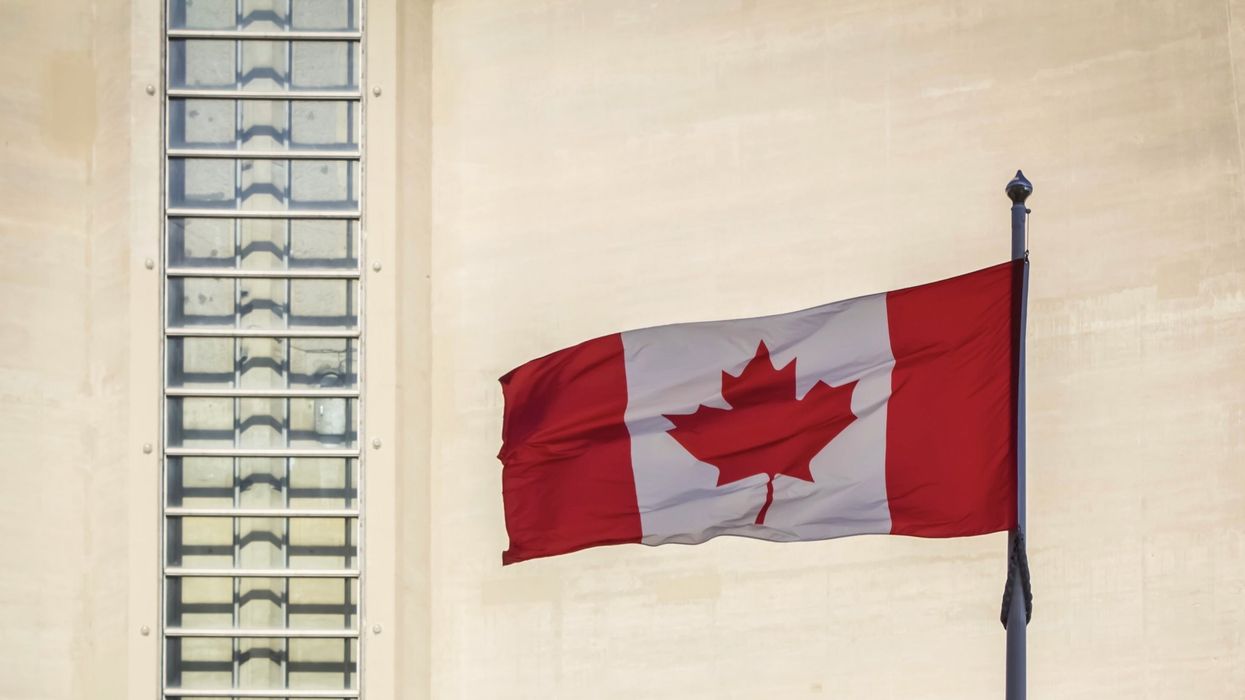The COVID-19 pandemic will contribute to pushing Canada into a recession over the next two quarters, the Royal Bank of Canada predicts in its quarterly economic update.
RBC expects the economy to shrink in the second and third quarters, resulting in growth this year of just 0.2%. Two back-to-back quarters of negative growth is considered a recession. “Our base-line assumption is that the impact of the virus will run its course by the end of the first half of the year, however the persistence of low oil prices will prevent the economy from recovering,” the bank predicts.
READ: Everything That’s Been Cancelled in Toronto Because of Coronavirus
Other banks have agreed with the view that Canada’s GDP growth will contract, with different predictions of how much and for how long.
With the rapid spread of COVID-19 globally, added to the existing slump in oil prices – a major contributor to the Canadian economy – “the impact could be tough on the Canadian economy,” says Pedro Antunes, chief economist for the Conference Board of Canada.
He adds it is difficult to predict how much any measures to slow the spread of the virus imposed by federal or provincial governments – such as closing schools and banning large public gatherings – could affect how quickly Canada’s economy rebounds.
Aside from the oil patch, the most affected sectors will be the tourism and hospitality and food industries, Antunes says, predicting layoffs. But RBC notes that “in the current tightness of the labour market, employers are unlikely to be quick to cut workers given the challenges associated with rehiring once the economy bounces back.”
The Conference Board’s forecast, if contagion is held in check, is to see relief by the third quarter. However, “an alternate scenario is more widespread supply chain issues and cuts in production in the United States and Canada.” The Conference Board says a worst case is recession beyond the end of the year.
When trying to predict how the economy will react, it is difficult to find precedent. Contagion from the SARS virus was weaker and touched fewer countries.
“The spread of the virus looks most like Spanish Flu at the end of the First World War,” he says. Except this time, we have advanced science and technology, such as the likelihood of developing a vaccine. He reminds us that the fear factor from SARS disappeared after several months.
READ: What Canadians Care Most About When Considering a Mortgage: Report
As for the 2008 financial meltdown, it was triggered by something different – a lack of access to credit.
The global nature of the impact of the virus will hit Canadian businesses in another way – through their supply chains. “China is so integral to businesses,” says Antunes. But, “the good news is China seems to have control over the spread of the virus and is ramping up production.”
The government has some room to offer relief. Today the Bank of Canada cut its key overnight interest rate half a point to 0.75% in an emergency decision in response to the shock to the economy the virus poses.
The Canadian government announced on Wednesday $1-billion in funding to fight the virus. “The federal government’s plan to provide support measures to mitigate the impact of the virus included upping health care transfers, and increasing unemployment insurance, though both program increases were relatively limited,” RBC notes.
Lower interest rates and oil prices may benefit consumers, for instance those getting mortgages, lower prices at the pumps and potentially a lower cost of goods, Antunes says.
As for the Canadian dollar, Antunes sees it hovering around 73 cents U.S. And Bank of Montreal’s chief economist Douglas Porter wrote today that the bank sees the currency “sagging further in the months ahead, with a possible test of the 70-cent level. Look for the loonie to settle down along with other markets by the second half, but it will be challenged to break back above the 75-cent level even in 2021 amid lower oil prices.”
For investors, the markets have had a tough week. “The TSX was hit even harder than U.S. markets … down nearly 30% from the peak hit barely three weeks ago,” RBC wrote. Antunes says: “The markets may take a long time to get back to values we have seen up until now.”
However, we will get through this, Antunes says. And household spending will bounce back.





















